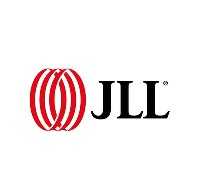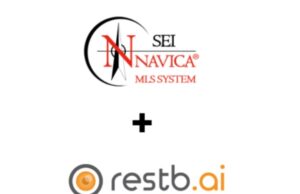Stamford, Conn. Property Management Firm to Pay Fine and Take Measures to Protect Children from Lead-Based Paint in EPA Settlement
BOSTON – April 16, 2015 – (RealEstateRama) — EPA has reached a settlement with Garden Homes Management Corp. of Stamford, Conn. for alleged violations of EPA’s Lead Paint Disclosure and Renovation, Repair and Painting (RRP) Rules.
The Lead Paint Disclosure Rule requires landlords and property management firms to provide information about lead-based paint to their tenants upon leasing pre-1978 housing. The RRP rule is designed to ensure that painting and home renovation contractors comply with requirements designed to protect children and workers from exposure to lead-based paint during painting and other renovation activities at pre-1978 housing.
In a complaint, EPA alleged that Garden Homes failed to comply with lead disclosure requirements when it leased 18 residential units at nine Conn. properties. The complaint also alleged that Garden Homes performed at least one renovation in a Naugatuck, Conn. property in violation of RRP Rule requirements for certifying renovation firms, providing lead hazard information to tenants, using only RRP-certified workers, and keeping records of compliance. The violations are alleged to have occurred from Sept. 2010 to Nov. 2012, based on records obtained by EPA during two separate inspections.
Under the terms of the settlement, Garden Homes will pay a $54,644 civil penalty, as well as complete a $20,000 lead risk mitigation project to remove and replace approximately 24 original, lead-paint containing windows from a 1961 Garden Homes property located in Bridgeport, Conn.
“Infants’ and children’s developing bodies are especially vulnerable to the harmful effects of lead exposure, which can include lifelong impacts such as developmental impairment, learning disabilities, impaired hearing, reduced attention span, hyperactivity and behavioral problems,” said Curt Spalding, regional administrator of EPA’s New England office. “The disclosure requirements, and the safe work practices found in the RRP rule, are designed to help ensure that people are protecting their kids from suffering serious, lifelong health impacts from lead exposure.”
EPA’s Disclosure and RRP Rules are designed to prevent childhood exposure to lead-based paint and/or lead-based paint hazards. The Disclosure Rule requires landlords and property management firms to:
– Provide a lead hazard information pamphlet to inform renters about the dangers associated with lead paint;
– Include lead hazard notification language in rental forms;
– Disclose any known lead-based paint and lead-based paint hazards in the living unit and provide available reports to renters; and
– Maintain records certifying compliance with federal laws for a period of three years.
The RRP rule requires individuals performing renovations for compensation at most pre-1978 housing and child-occupied facilities to be properly trained. There are certification and training requirements for individual renovators and firms performing renovations to ensure that safe work practices are followed during renovations. EPA’s RRP Rule became effective on April 22, 2010 and allows for the assessment of penalties that may reach up to a maximum of $37,500 per violation per day.
Since 2012, EPA has pursued 18 actions in New England to enforce the RRP Rule. Continued enforcement of the lead paint Renovation, Repair and Painting Rule ensures both that children are being protected from avoidable exposure to lead, as well as there being a “level playing field” for contractors following the health-protective work practices in the regulation.
More information on lead health hazards and how EPA is working to reduce risk of lead exposure: http://www2.epa.gov/lead
Contact Information: David Deegan, (617) 918-1017












